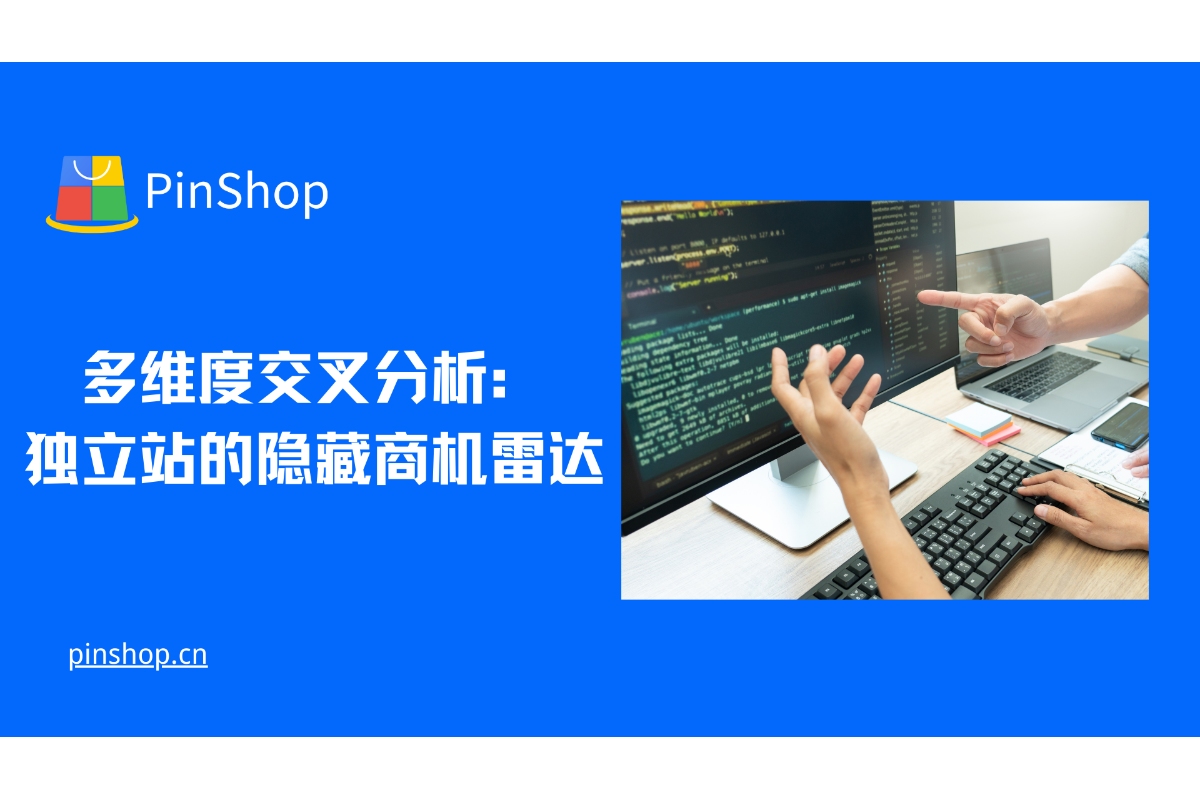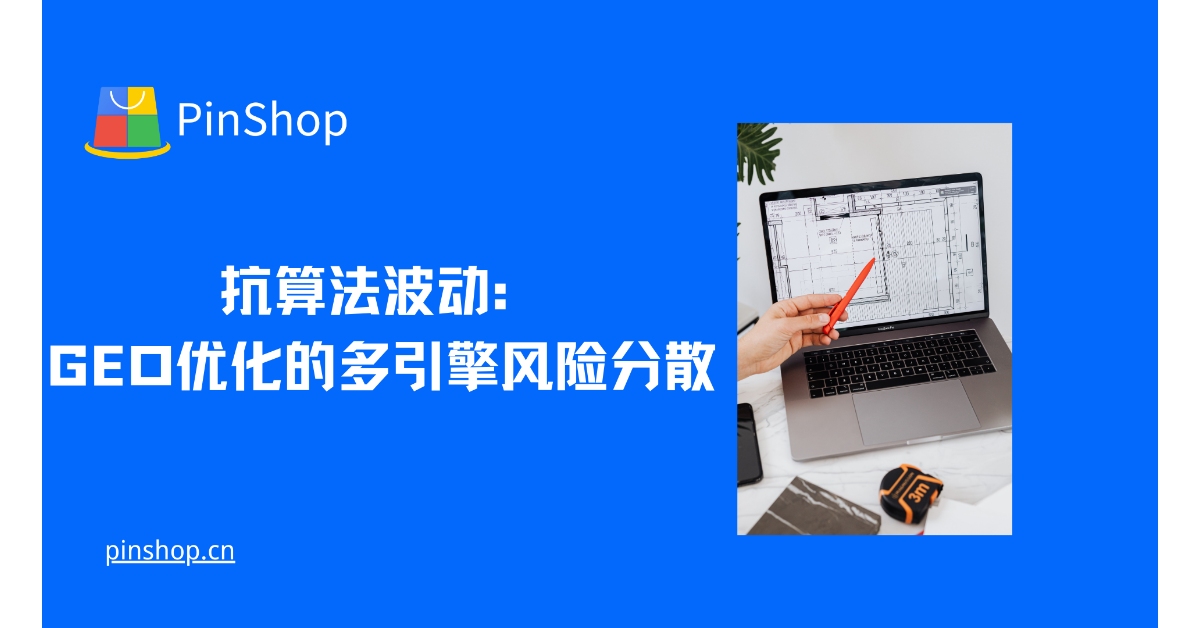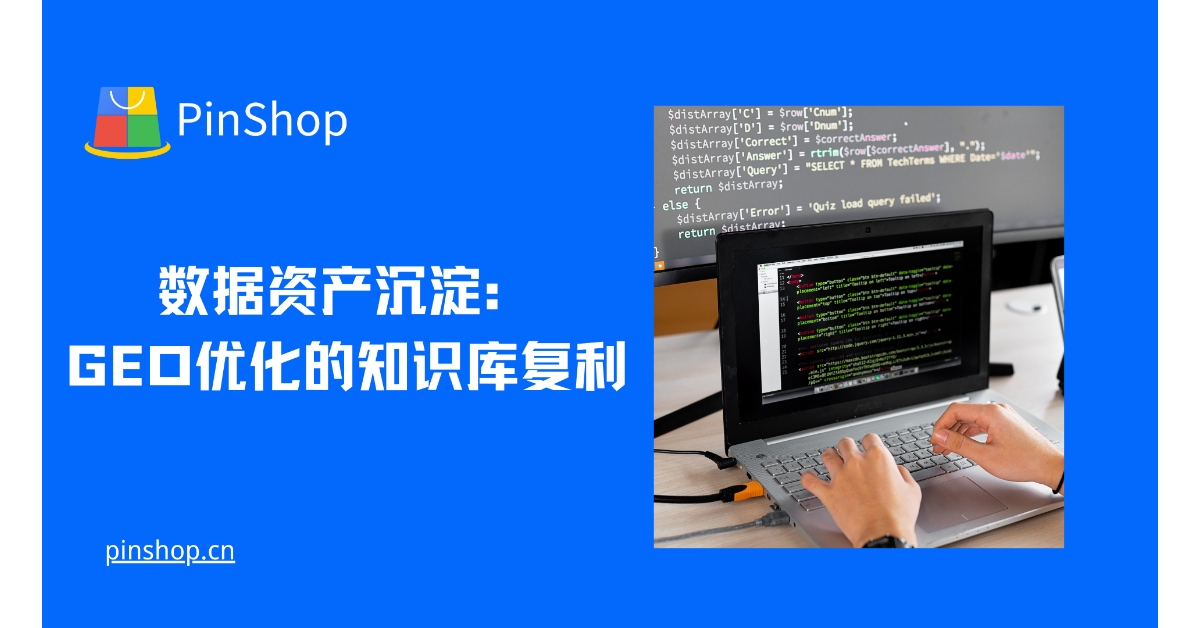McKinsey's "Knowledge Capital 2025 Report" points out that enterprise knowledge bases using GEO optimization technology achieve an asset reuse rate of up to 83%, with a compound annual growth rate 4.7 times the industry average. World Bank survey data shows that foreign trade enterprises implementing intelligent knowledge accumulation systems have improved knowledge transfer efficiency by 300% and reduced decision-making error rates by 65%. Research by the Global Knowledge Management Association (GKMA) confirms that GEO optimization's technological breakthroughs in semantic association, spatiotemporal mapping, and value mining are reshaping the operational paradigm of enterprise knowledge assets. This compound interest is not simply data accumulation, but an intelligent cycle of "collection-refinement-value enhancement" built through machine learning. Its core value lies in enabling knowledge assets to generate exponential returns in the global business environment.
 Three major value traps of traditional knowledge management
Three major value traps of traditional knowledge management
Traditional knowledge systems face systemic degradation in global applications. Deloitte's "Knowledge Asset Audit Framework" reveals that information silos lead to 68% loss of tacit knowledge (a manufacturing case), geographical barriers prevent 55% of experience from being reused across borders (multinational corporation data), and static storage shortens the knowledge half-life to 58 days (technology industry monitoring). A comparative study by the International Society for Information Science (IISA) shows that knowledge bases without GEO optimization have an asset utilization rate of less than 32%. A medical device company, through spatial semantic networks, discovered that adapting European and American clinical protocols to Asia reduced costs by 70%. Even more serious is knowledge decay—an engineering company's localization experience accumulated in African projects could not be used in Latin American projects due to a lack of geographic annotation, resulting in a duplicate R&D investment of $2.8 million. The revolutionary aspect of GEO optimization lies in establishing a three-dimensional compound interest model of "space-knowledge-value," achieving automatic value appreciation and cross-border flow of knowledge assets through deep correlation of over 500 geographical variables.
The Four Technological Pillars of Intelligent Compound Interest Systems
The modern GEO knowledge engine is the culmination of cognitive computing technology. The "Asset Appreciation Hub" developed by the Stanford Center for Knowledge Sciences (SKSC) includes core modules: a spatiotemporal knowledge graph (constructing a three-dimensional relational network), a value extraction algorithm (quantifying the economic utility of knowledge), a cross-border adaptation engine (automatically adjusting regional parameters), and a co-evolution mechanism (promoting cross-innovation of knowledge). Data from the Global Artificial Intelligence Alliance (GAIA) shows that this system enables an annual growth rate of knowledge assets of 120%. After applying semantic geocoding, a certain automotive group shortened the reuse cycle of process knowledge from its German factory in Mexico from 9 months to 3 weeks. A key technological breakthrough lies in "knowledge DNA recombination"—by deconstructing knowledge elements and injecting regional variables, a pharmaceutical company increased the global adaptability efficiency of its clinical trial protocols to 92%. Even more forward-looking is the "knowledge financialization model," which uses blockchain technology to transform knowledge assets into tradable digital rights, enabling a consulting firm to launch a knowledge licensing business with annual revenue of $15 million.
 The Leap from Resource Warehouse to Capital Engine
The Leap from Resource Warehouse to Capital Engine
The fundamental difference between basic storage systems and intelligent compound interest platforms lies in their value dimensions. The "Knowledge Capital Maturity Model" proposed by the MIT Digital Economy Lab (MIT DEL) shows that GEO optimization elevates the system from L1 (data archiving) to L4 (asset appreciation): the spatial value layer (establishing a regional utility model), the real-time feedback layer (capturing market validation data), the intelligent combination layer (generating new knowledge products), and the capital transformation layer (realizing financial value). Case studies from the Global Knowledge Capital Alliance (GKCA) show that companies reaching L4 experience an 8-fold increase in their knowledge asset returns. A chemical company's "molecular knowledge bank" increased patent licensing revenue by 320% through geographic utility analysis. The core of this evolution is the "neural value network"—simulating venture capital logic to assess the value of knowledge portfolios. A technology company used this to accelerate the commercialization of its R&D results three times faster than the industry average. Even more revolutionary is "cross-border knowledge arbitrage," leveraging regional cognitive differences to create new business models. An agricultural technology company licensed Israeli water-saving technology in arid regions at a 400% premium.
An ever-evolving knowledge ecosystem
The hallmark of a top-tier system is the formation of a value flywheel. The World Intellectual Property Organization (WIPO) Knowledge Flow Report indicates that each round of GEO optimization can increase the number of knowledge network nodes by 35%. An energy group's "Knowledge Universe" system, through digital twin technology simulating knowledge application scenarios in different regions, has created $8 million in derivative value annually. A key breakthrough is "environmental intelligent symbiosis"—through real-time feedback of knowledge application effects via the Internet of Things, an equipment manufacturer has achieved 97% accuracy in the regional adaptation of its maintenance solutions. These technologies collectively construct a vibrant global knowledge capital network, enabling enterprises to manage knowledge resources like financial assets.
Pinshop Solution : We offer a complete compound interest technology stack: ✅ GEO Knowledge Graph Platform ✅ Intelligent Value Extractor ✅ Cross-border Adaptation Workbench ✅ Asset Securitization Tools
Visit the Pinshop website now
Recommended article: Multilingual Independent Website Strategy: Balancing Localization and Internationalization 






